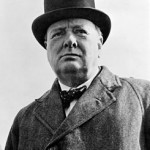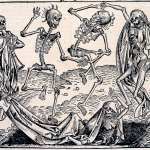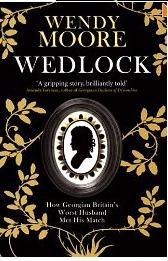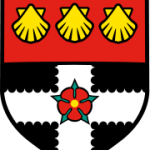 A really interesting article from the BBC on Churchill here. In it, John Gray argues that “a strange conjunction of events…(Churchill’s depression)… his black dog – together with the intervention of a loyal friend during a few fateful days in early May 1940 – enabled Churchill to achieve the position from which he could alter the course of history.”
A really interesting article from the BBC on Churchill here. In it, John Gray argues that “a strange conjunction of events…(Churchill’s depression)… his black dog – together with the intervention of a loyal friend during a few fateful days in early May 1940 – enabled Churchill to achieve the position from which he could alter the course of history.”
For us as A Level historians it raises a number of questions.
1. What is the value of counter-factual History? IE, the what if questions such as what if the Spanish Armada had succeeded ? Is this no more than pub History, or a useful technical tool which allows us to consider the importance of events ?
2. How should we view the roles of chance and the individual in History ? Since I was doing my A Levels there has been a move away from focusing on the individual to broader themes such as the role of economic factors. Hence, where once we would have focused upon Cavour and Garibaldi to explain the unification of Italy, we now look more to ideas like nationalism. I have often wondered how the events 1940 and Churchill fit in here. Is it the exception that proves the rule ?
If you want to listen to the Radio 4 programme, then click this link.
 I was looking at the posts about history in the news that Mr Kydd and I have been posting and noticed that I tend to post about stories in the Guardian newspaper (which marks me out as an old lefty).
I was looking at the posts about history in the news that Mr Kydd and I have been posting and noticed that I tend to post about stories in the Guardian newspaper (which marks me out as an old lefty).











